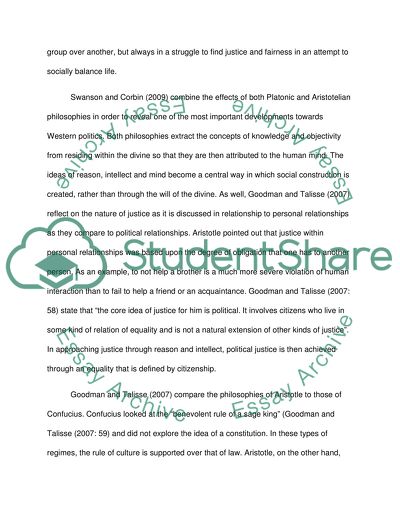Cite this document
(“Explain the link between constitutions and justice in Aristotle's Essay”, n.d.)
Explain the link between constitutions and justice in Aristotle's Essay. Retrieved from https://studentshare.org/history/1433236-explain-the-link-between-constitutions-and-justice
Explain the link between constitutions and justice in Aristotle's Essay. Retrieved from https://studentshare.org/history/1433236-explain-the-link-between-constitutions-and-justice
(Explain the Link Between Constitutions and Justice in Aristotle'S Essay)
Explain the Link Between Constitutions and Justice in Aristotle'S Essay. https://studentshare.org/history/1433236-explain-the-link-between-constitutions-and-justice.
Explain the Link Between Constitutions and Justice in Aristotle'S Essay. https://studentshare.org/history/1433236-explain-the-link-between-constitutions-and-justice.
“Explain the Link Between Constitutions and Justice in Aristotle'S Essay”, n.d. https://studentshare.org/history/1433236-explain-the-link-between-constitutions-and-justice.


